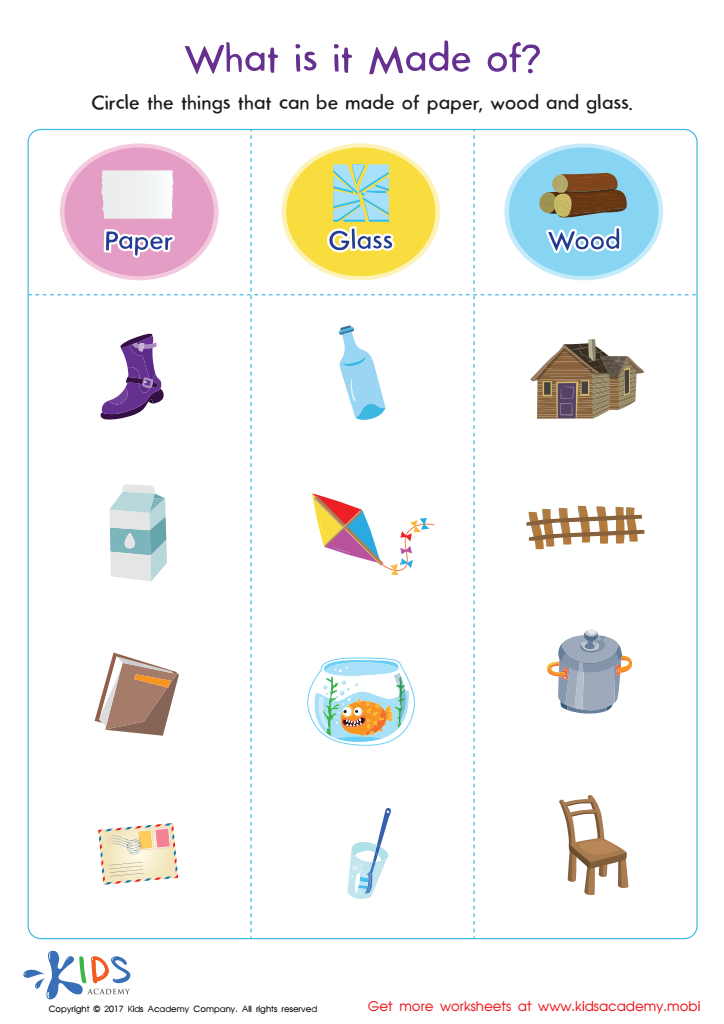Logical Reasoning Social Studies Worksheets for Ages 4-5
6 filtered results
-
From - To
Discover our engaging Logical Reasoning Social Studies Worksheets designed specifically for children aged 4-5. These worksheets are perfect for young learners, allowing them to develop crucial problem-solving skills while exploring important social concepts. Each activity is carefully crafted to enhance critical thinking abilities through fun and interactive exercises that encourage kids to make connections and draw conclusions. From sorting community helpers to recognizing patterns, our worksheets make learning enjoyable and effective. Support your child's growth in logical reasoning while introducing them to the fascinating world of social studies. Perfect for classroom and home use, start your child's journey to becoming a thoughtful thinker today!
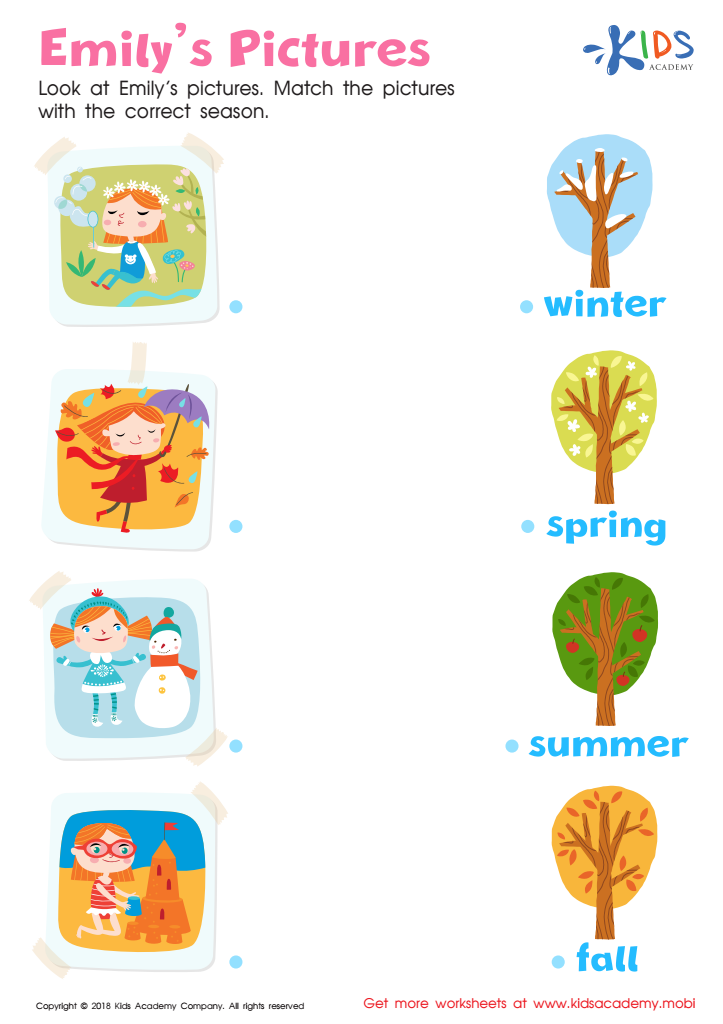

Emily's Pictures Worksheet
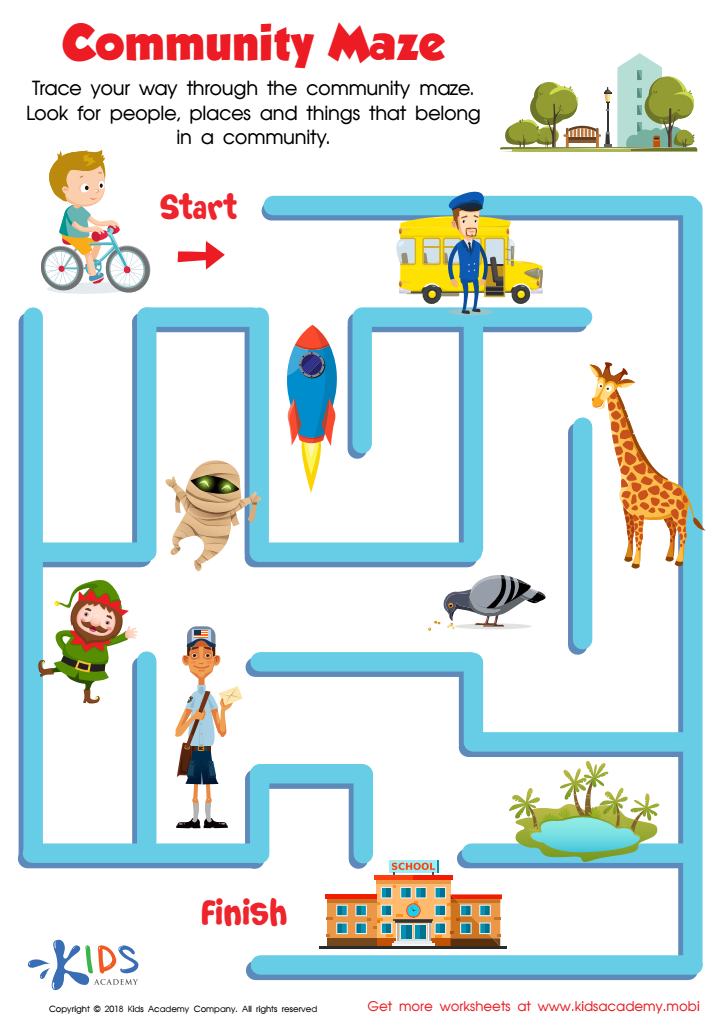

Community Maze Worksheet
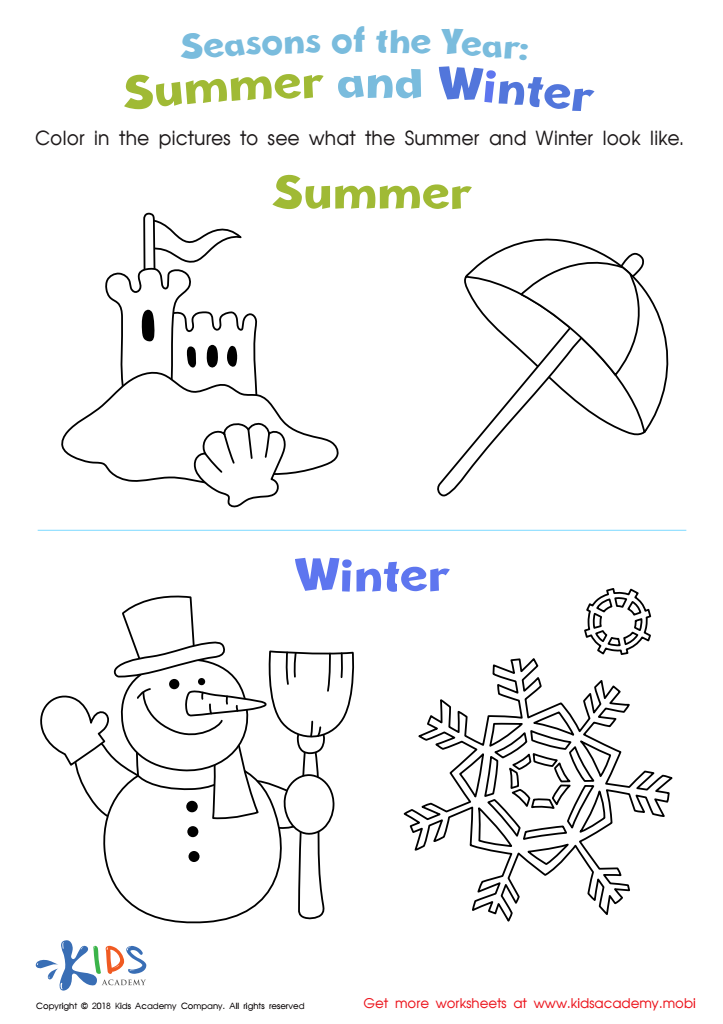

Summer and Winter Worksheet
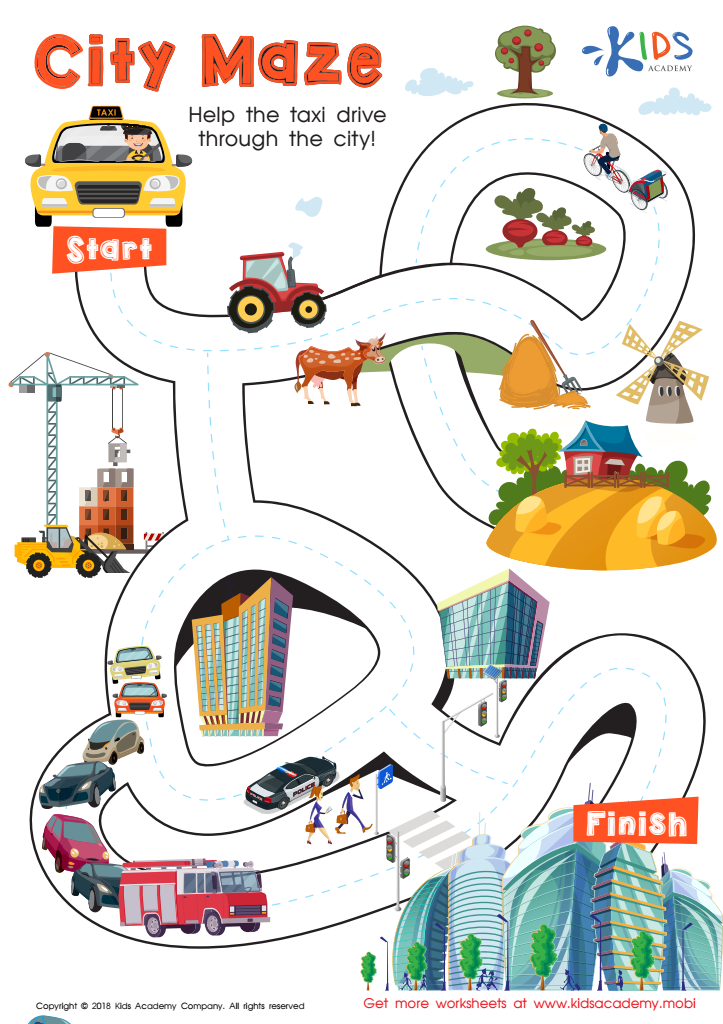

City Maze Worksheet
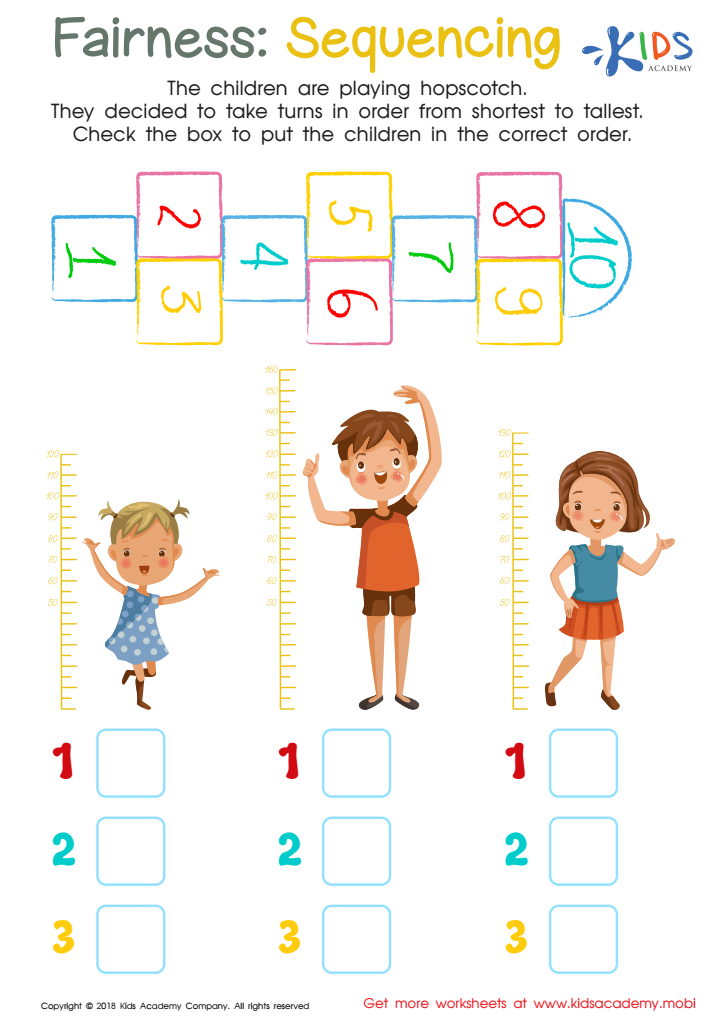

Fairness: Sequencing Worksheet
Logical reasoning and social studies are essential components of early childhood education for children ages 4-5. At this stage, kids are naturally curious and eager to engage with the world around them. Incorporating logical reasoning into social studies promotes critical thinking skills essential for navigating everyday situations and future academic challenges.
Parents and teachers should prioritize these subjects as they encourage children to ask questions, compare and contrast information, and understand cause-and-effect relationships. For example, when children explore concepts like families, communities, and traditions, they not only learn about diverse cultures but also begin to organize their thoughts logically, making connections between their experiences and the broader world.
Engaging in logical reasoning through social studies also fosters empathy and social awareness. When children discuss different perspectives, they develop a deeper understanding of societal structures and learn to appreciate diversity.
Moreover, promoting cognitive skills through these subjects prepares children for more complex problem-solving tasks down the line, ultimately enhancing their ability to adapt and thrive in social situations. By emphasizing logical reasoning in social studies, we help shape well-rounded, socially aware individuals who can think critically and empathetically about the world around them.
 Assign to My Students
Assign to My Students

